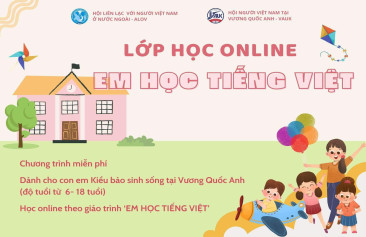
Beginning learners of Vietnamese often express their learning goals by saying things like, “I want to understand roughly what is being said around me”, and “I want to be conversational with Vietnamese people at a basic level”. The problem with this kind of goal is that it’s not very clear.
From my experience, when you start learning a language, it is very helpful and motivating to have a specific and achievable goal. So what I want to do in this article is: 1. Help you set out a specific goal, and 2. Give you a realistic timeframe for completing that goal.
1. Let’s change the word “conversational”!
Instead of aiming to be “conversational” in Vietnamese, which is rather vague, I suggest that your goal be the following: to achieve level A1 of the CEFR (Common European Framework of Reference for Languages).
According to the CEFR, an A1-level user:
Can understand and use familiar everyday expressions and very basic phrases aimed at the satisfaction of needs of a concrete type.
Can introduce themselves and others and can ask and answer questions about personal details such as where he/she lives, people they know and things they have.
Can interact in a simple way provided the other person talks slowly and clearly and is prepared to help.
Many linguists suggest that to be at A1 level you need a vocabulary bank of 500 – 600 words.
2. Now that we have a very specific goal…
… we can get to the “How much time do I need?” question. Please note that this estimated time and study plan are for learners with medium language learning aptitude who don’t have time for intense training. (Which is the situation for 95% of us.)
At our school, most students reach a comfortable A1 level after 60 - 72 hours of class time (which means at least another 60 - 72 hours of self-studying outside the classroom).
This means, if you do 2 hours of class and 2 hours of self-studying per week, you can reach A1 level within 30 – 36 weeks, or 7.5 - 9 months (Yes, learning a language takes time!)
Remember, anything you do with the language counts: reading aloud your boring textbook dialogues, talking to the bánh mì lady (and getting laughed at), learning the lyrics of a terrible Vietnamese pop song for karaoke, etc. Such practice is all extremely useful and can help you reach your goal faster.
So, ready to start? Check out our beginner course which will equip you with the most fundamental 200 words here.
_(1)_thumb.png)
_thumb.jpg)
_thumb.jpg)
_thumb.png)

_thumb.png)
_thumb.png)
_thumb.png)
_(366_x_237_px)_thumb.png)
_thumb.png)